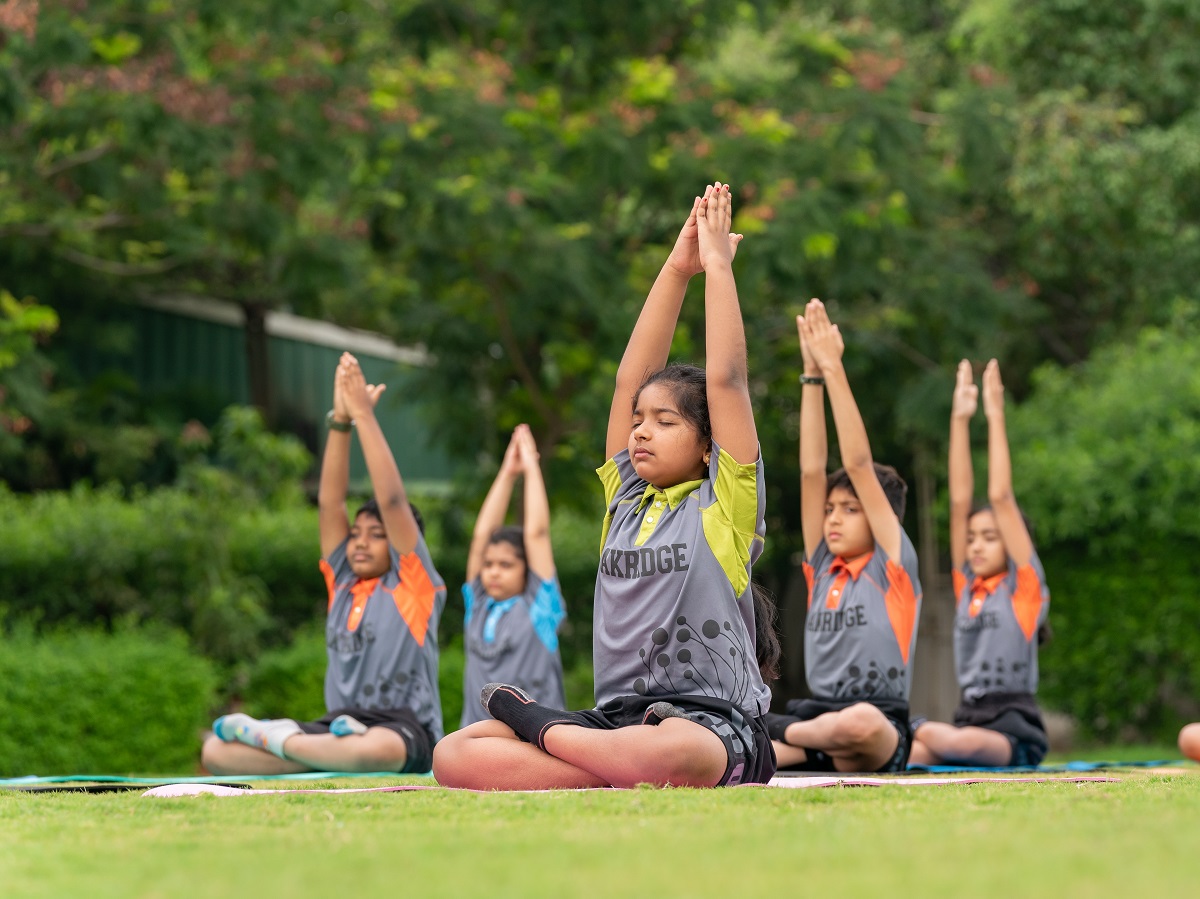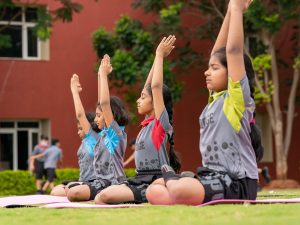Fostering mindfulness at a young age boosts self-confidence
- 4 November 2022

Mindfulness, the psychological state of awareness, has beneficial effects on emotional well-being, mental health, physical health, and learning ability. It brings the awareness of thoughts and feelings back to the present as one accepts their current emotions.
Today, being mindful is essential for all ages, especially for children, who are developing rapidly each day. Mindfulness in children is a part of socio-emotional learning. It can also help children focus on their studies and avoid distractions, and as a result, boosts self-confidence.
1. Mindfulness boosts working memory
Working memory makes a memory stored in the mind that can be used to complete a cognitive task. Mindfulness meditation improves the ability to keep information active in the mind, which builds confidence. It emphasizes on focusing on the present moment and cutting back on distractions from competing thoughts and memories.
2. Mindfulness reduces stress
With mindfulness, one can learn to observe situations and thoughts objectively without reacting to them. This aids in the development of automatic consciousness of experiences, which helps reduce stress and negative outcomes. In other words, it helps reduce the need to continuously worrying about an upcoming test.
3. Mindfulness increases the ability to focus
According to the study (Moore and Malinowski, 2009), mindfulness aids concentration by stimulating the formation of new neural networks in the brain. The new neurons are essentially rewiring the brain to find better and new ways to handle various tasks, increasing focus.

4. Mindfulness supports decreasing emotional reactivity
When students see or experience something emotionally upsetting, it immediately affects their mental health. Whereas mindfulness promotes well-being and emotional balance. Mindfulness gives the ability to meet challenging experiences with a more open and non-judgemental attitude, which results in, less emotional reactivity.
5. Mindfulness develops cognitive flexibility
The practice of mindfulness develops the skill of self-observation, which results in detaching the prior knowledge and feeding the new information observed, in a new way. Therefore, with greater cognitive flexibility, mindfulness helps with faster recovery of any negatively provoked situation.
A child’s brain begins to develop and absorb vast skills and concepts between the ages of 2 and 10 years. Therefore, at Oakridge, our students learn the practice of Mindfulness meditation from a very early age at the Global Campus, an online learning platform, unique to Nord Anglia students. According to the Nord Anglia’s latest EdTech analysis, 24% of students opted for wellbeing activities, such as yoga classes, and learning about the importance of healthy nutrition.
Learning mindfulness at an early age builds social skills and empathy in kids incredibly and promotes academic success as they are more resilient and focused. They are introduced to simple meditation techniques suitable for different feelings or situations. Not just that, but these students can also learn ‘How to meditate’ on this platform as well.
Expert analysis from Preeti Sahu – Shaping Brands and Inspiring Connections